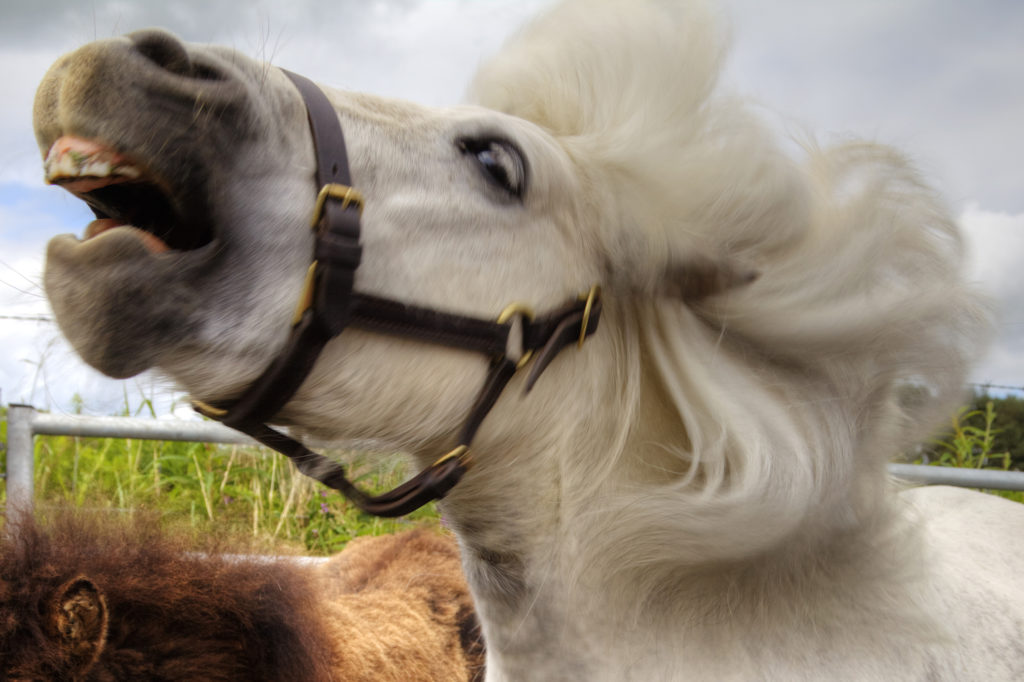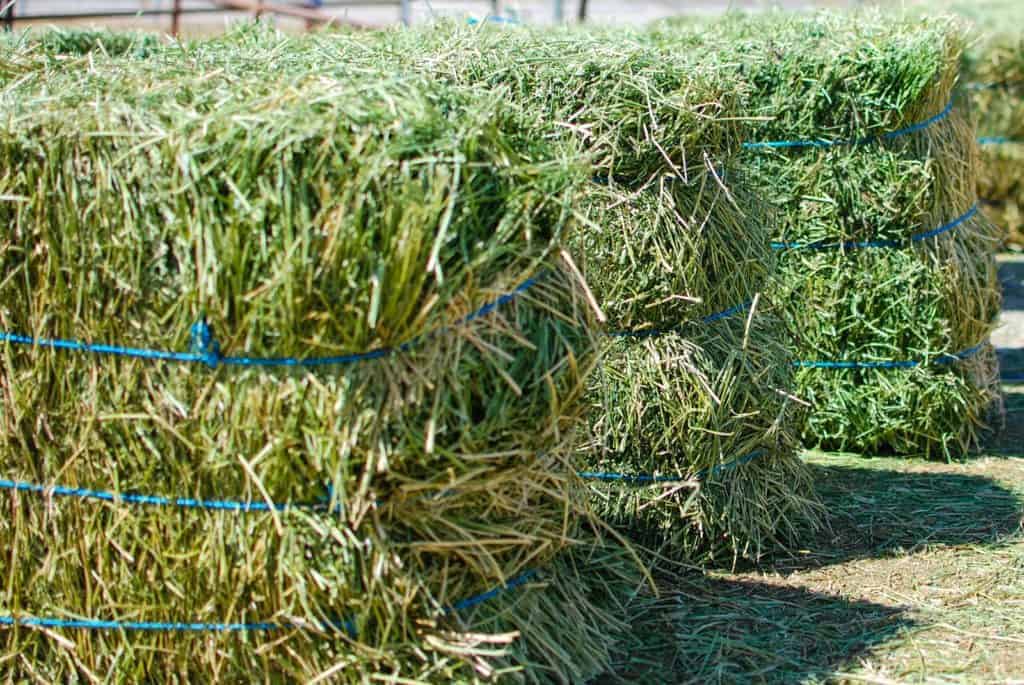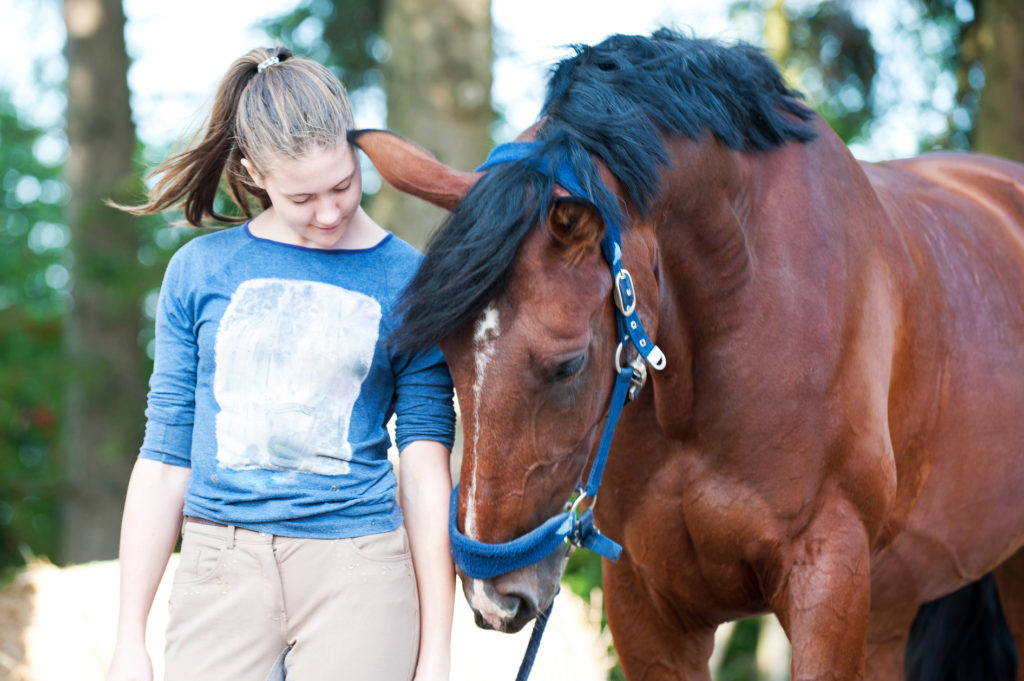
No One-Track Minds: Study Suggests Horses Can Divide Their Attention
In a recent study, researchers showed that horses appear fully capable of dividing their attention, and we can see that in the way they use their ears.

In a recent study, researchers showed that horses appear fully capable of dividing their attention, and we can see that in the way they use their ears.

Researchers recently found a link between “motor laterality” and “cognitive bias”; right-sided horses tended to be optimistic and left-sided horses were more pessimistic.

Researchers confirmed that horses can smell specific odors in human sweat that reflect emotions like fear and happiness, which could open doors to a whole new way of understanding emotion transfer from human to horse, they say.

What kind of physical damage can be done when a horse pulls back violently? A sports medicine practitioner weighs in.

There’s a nerve-tingling explanation behind many equine headshaking cases. Here’s what you need to know.

An OTTB who’s been off the track for three months tilts her head during bridling and at liberty. Could she be in pain? An internal medicine specialist weighs in.

Commentaries on cleaning feed buckets, botulism, beet pulp, hay, and more were popular in 2018.

Does it sometimes seem like your horse is having a bad day? Here are the possible reasons behind equine mood swings.

Find information on stress in horses, antibiotic use, scratches, conditioning, equine allergies, and more.

Articles on laminitis, alfalfa, horse/human interaction, and hoof problems were among the most-read in 2018.

In addition, researchers identified criteria that helps clearly distinguish a horse in pain from one that’s not in pain.

Not every owner has access to pasture for their horses. Download this free report to learn more about drylots and special considerations for housing horses in pastureless regions.

Learn about a welfare-friendly way to desensitize horses.

We all want to be the kind of person other trail riders enjoy being around. Use these eight simple techniques to be a fun and safe riding buddy on the trail.

Researchers said that, during migrations, wild horses might be relying on memory that’s been passed down culturally or genetically from previous generations.

Why won’t a horse participate in positive reinforcement training? A certified equine behaviorist breaks down a few possible explanations, including low reinforcement value, physical pain, and a negative training history, among others.
Stay on top of the most recent Horse Health news with
"*" indicates required fields